As of April 22, updated December 22
Food
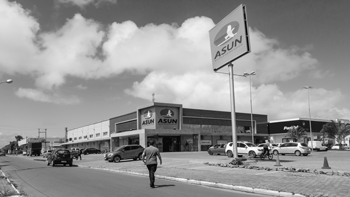
In the bigger towns there are large supermarkets where everything you need can be bought; we often also find European goods. In the countryside there are only small shops, which are also called “supermercado”, but they only have a very limited range of goods, mostly local fresh food. Street markets are also often found, often offering very fresh and cheap goods, the offer is very limited and of course seasonal.
Water
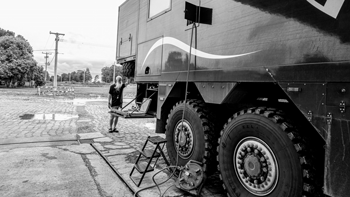
The petrol stations always have a water connection with drinking water, which is free of charge. The water pressure and quality were very good.
Diesel
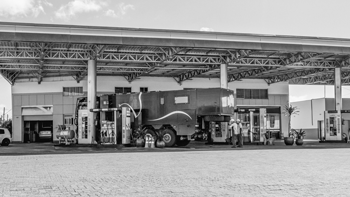
The gas station network is very dense. The diesel can sometimes be mixed with water, so be cautious and rather fill up with well-known brands at a slightly higher price. The sulfur content is 10 to 50ppm in the more expensive variety. We consistently chose the more expensive option.
Money
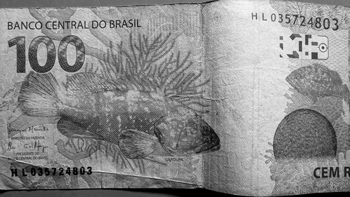
The currency, Brazilian real, BRL, is easy to obtain and freely convertible. Withdrawing cash at ATMs generates bank fees that are extremely high and a maximum of CHF 400.00 can be withdrawn at once. Credit cards are accepted everywhere.
Overnight places
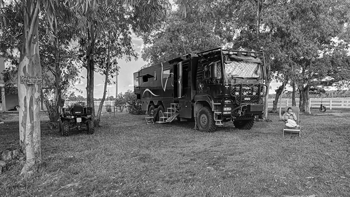
Wildcamping works very well in the country, although we drove a lot through populated areas. The campsites we visited were all clean and tidy.
Internet
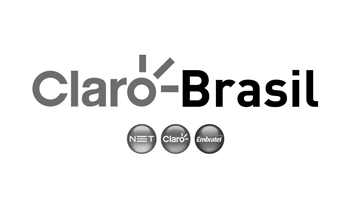
We chose the largest provider in Brazil, Claro. 4G coverage was good. We had to pay CHF 60.00 for a month for 60GB in the router and two SIM cards for the mobile phones, each with 2GB. The problem is getting a SIM card, actually only people residing in Brazil can get a SIM card because you need a local ID number to do so. So we had to find someone to lend us their number to buy a card.
Streets
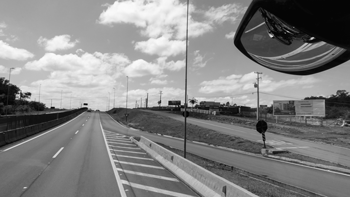
In southern Brazil, the road network is largely paved. The roads though are not everywhere above all doubt! However, we have only driven a very small part of this large country so far.
Regulations for heavy motor vehicles
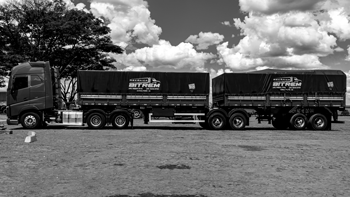 We did not notice any particularly different regulations for trucks.
We did not notice any particularly different regulations for trucks.
Customs formalities
Entry
In April we entered Brazil at Foz do Iguaçu. Since there is a lot of border traffic at this border crossing, we had to be careful that we received our necessary stamps. The vaccination card for Covid was checked and we received the entry stamp and were allowed to stay for three months. The TIP, Temporal Import Permit for the vehicles, wasn’t that easy. No customs officer knew anything about it. It wasn’t until the young office ladies came in from lunch that things went smoothly and we just could fill out the form on the PC ourselves.
Handling time: 45′
Antigen test Covid CHF 40.00 for two people. No fees were charged at customs.
In November we entered in Chuí. Immigration was quick, friendly, and easy. However, the form for the TIP went for a while.
Handling time: 45′
Exit
In April we left at Chuí. This border crossing is very complicated because the city itself is located on the border and sometimes half the street is Brazilian and the other half is Uruguayan. In the city itself there is no border, everyone changes countries here completely uncontrolled. There is a border post at each entrance to the city, but most citizens simply drive over it because they have no intention of leaving the country. We just drove across the border because nobody was there and then had to go back the next day to leave Brazil properly. However, the officials were very friendly as they are probably used to it.
Handling time: 30′
In December we left at Ponta Pora. Leaving the country was extremely complicated because all the relevant offices are spread out somewhere in the city and are only open during office hours. Stamping out the TIP was very tedious because we caught an untrained officer.
Handling time: 4h
Personal observations
Brazil is probably the most developed country in South America. We have seen many winds power plants and solar panels fields. Brazilians like to show off their wealth and lots of skin. Unfortunately, not all Brazilians have any longer these perfect body shapes as sang about at the end of the twentieth century. The high amount of sugar and the unhealthy diet make many people today look similar to those in the USA.
Our personal highlights
- Rio Sucuri (Snorkeling in the Rio) S21° 15.302′ W56° 34.175′
- Vogelpark Foz (bird park with walk-in showcases) S25° 36.814′ W54° 29.185′
- Salto do Yucuma (long waterfall) S27° 08.359′ W53° 52.967′
- PN da Serra Geral (gorges) S29° 03.926′ W49° 58.126′
- Landscape around Tres Tillas (green hills) S27° 00.167′ W51° 24.600′
Our statistics
Average daily expenses for 2 people in CHF:
Food 16.06
Alcohol 4.67
HH non-food 4.89
clothes 1.91
Excursions 8.76
Restaurant 1.51
Accommodation, campsite 6.38
Transport, road customs 0.54
Internet/phone 1.58
Fees 0.00
Personal care 0.00
1 liter diesel 1.23


waiting anxious a new video. Please ¡¡¡¡
Gabi work on it! soon!